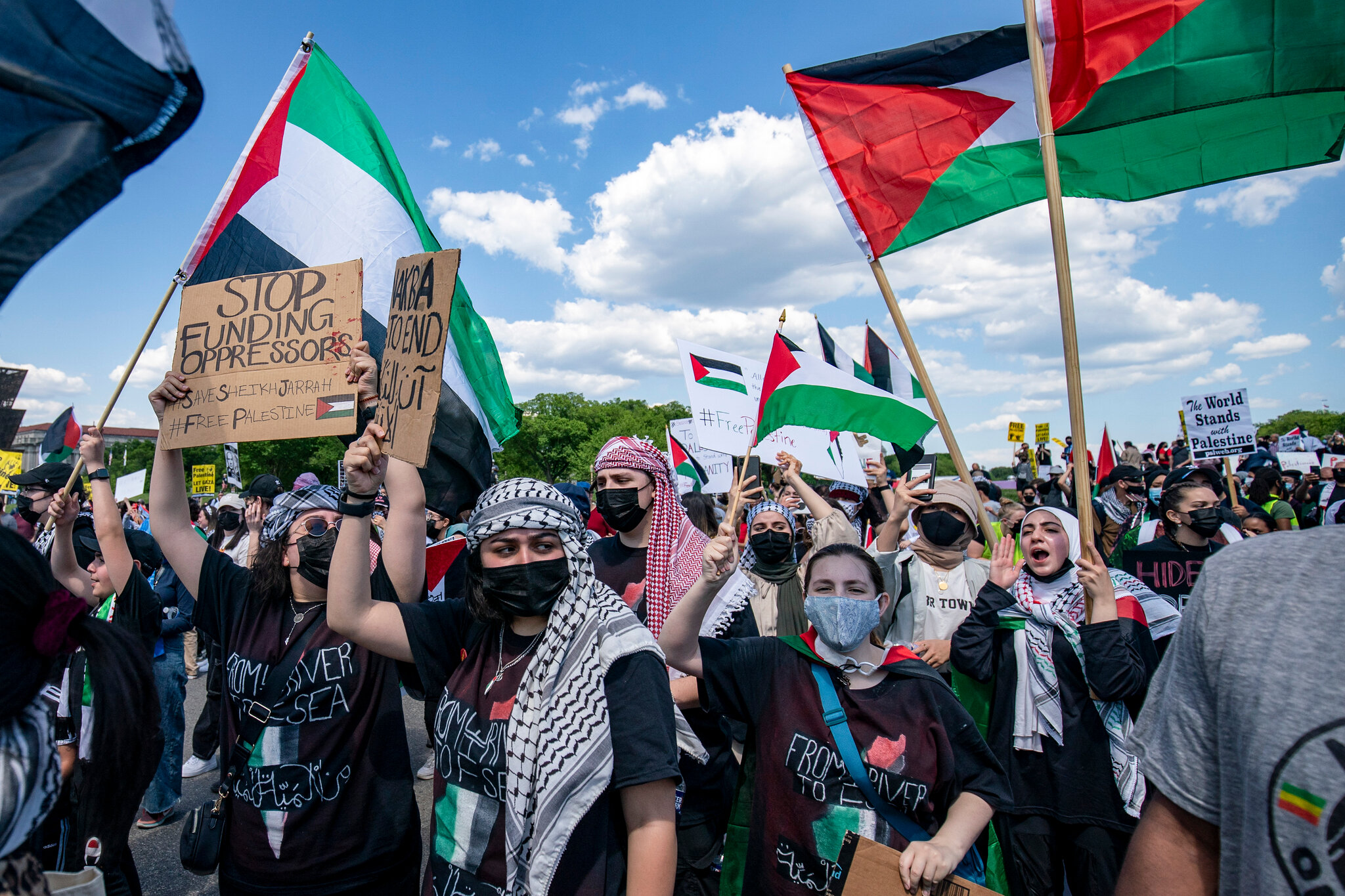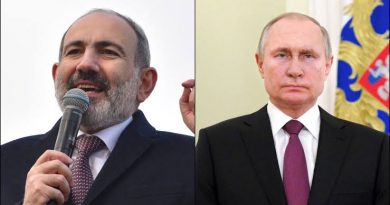The ignored role of Wahabis in freedom struggle of Indian Independence
The first and last chapter of India’s freedom movement was written by the Wahabis, with the intervening parts not devoid of them.
Indian Independence is indebted to the contribution of Wahabi Scholars for their role in mobilizing not only Muslims but all the split-up rebel units to fight the British Colonial rule. The Wahabis were the first frontiers of Freedom Struggle in India. It was the Wahabis who started the first united war of India’s Independence or The Indian Rebellion of 1857, Wahabis were the architects of this historic uprising with no personal ambitions nor appetite for political powers.
It was the struggle of Wahabis to assemble the rebel centers, who spearheaded the rebellion and were the motivating force behind it, during the 1857 rebellion. Wahabis evolved strategies to contact native rulers and primes of neighbouring countries. They deputed activists to contact native soldiers of British Army. Wahabis were well aware that native soldiers were seething with anger, and will join disgruntled elements for the freedom struggle. Wahabis also persuaded tribals to join them in campaign against the British, but only the names like Mangal Pande, Nana Saheb and Jhansi Lakshmibai remains now in the history for the Sepoy Rebellion.
Maulvi Najmuddin established contacts with Muslim soldiers of Sikh Army in Punjab. Maulana Wilayat Ali and his associates corresponded with British Army soldiers stationed in Hyderabad. Ahmadullah was another preacher who was active in Madras. The center of Wahabi training and recruitment in Patna was raided by British soldiers leading to the arrest of Maulana Ahmadullah and Muhammed Hasan which paralyzed the center. The uprising of 1857 ended in failure but it saw a national determination to liberate homeland.
Fatwas also played an important role in mobilizing Muslims to join freedom struggle against the British. It was Shah Abdul Aziz Dehlawi, the son of Shah Waliullah Dehlawi who issued the first Fatwa in 1803 against the British Rule in India. He proclaimed, “Our country has been enslaved. To struggle for independence and to put an end to the slavery is our duty”. This proclamation witnessed a new momentum in India’s freedom struggle. The historic fatwa was endorsed by many Ulema of that time including Mufti Ilahi Baksh, Sanaullah Panipati, Shah Rafiuddin, and Shah Abdul Qadir.
The first commander of patriot warriors was Shah Ismail Dehlawi, the grandson of Shah Waliullah Dehlawi, who was another revivalist, who joined Syed Ahmed Barelvi despite of difference in ideologies. Both Shah Ismail and Syed Ahmed led many revolts and attacks on British, they were martyred along with 300 of their followers in 1831 during the fierce battle at Balakot.
Wilayat Ali was one of the prominent disciple of Syed Ahmed. He was deputed to the Deccan (in south), to mobilize masses in Hyderabad, which attracted many scholars and nobles, including Nawab Mubariz-ud Daula, the brother of Nasir-ud Daula, the Nizam of Deccan. Later Nawab Mubarizud Daula was arrested and was imprisoned in Goconda Fort, the episode is known as Hyderabad Conspiracy Case 1839.
Inayat Ali, the younger brother of Wilayat Ali was deputed to mobilize Muslims in Bengal. He was also deputed to go to the frontiers with over 2000 followers, who captured many forts. Both Wilayat Ali and Inayat Ali were later arrested and taken to Lahore. Maulana Abdullah, the eldest son of Wilayat Ali succeeded Inayat Ali and revived the activities in the Frontier region.
Wahabis ignited flame of rebellion in millions of countrymen, which ultimately led to a raging fire and burnt the colonial rule to ashes. The Wahabi activities and activists in Bengal and Bihar inspired revolutionaries like Abul Kalam Azad, the first Education Minister of Independent India, who raised his voice against the British rule. He established close contact with non-Muslim Bengali revolutionaries. He revived the Wahabi Mission with his call which was an echo of his great predecessors Shah Abdul Aziz, Shah Ismail and Syed Ahmed. Maulana Azad established his Urdu Journal ‘Al-Hilal’ and infused spirit in 20th Century Muslims.
In short, the Wahabi Movement gave a number of freedom fighter personalities to the nation in the form of Shah Ismail, Syed Ahmed, Wilayat Ali, Inayat Ali, Mia Syed Nazri Hussain, Nawab Siddiqui Hasan, Sir Syed, Sanaullah Amritsari and Abdul Kalam Azam. The first and last chapter of India’s freedom movement was written by the Wahabis, with the intervening parts not devoid of them.
References:
The Salafis (History of The Ahle Hadees Movement in India) – by A.Q Naqvi.
The Wahhabi Movement in India – by Qeyamuddin Ahmed.
The Indian Musalmans – by William Wilson Hunter.
The First War of Indian Independence: Recounting untold history – M. Burhanuddin Qasmi.
‘Our Introduction’ section from website of Markazi Jamiat E Ahle Hadees Hind.



